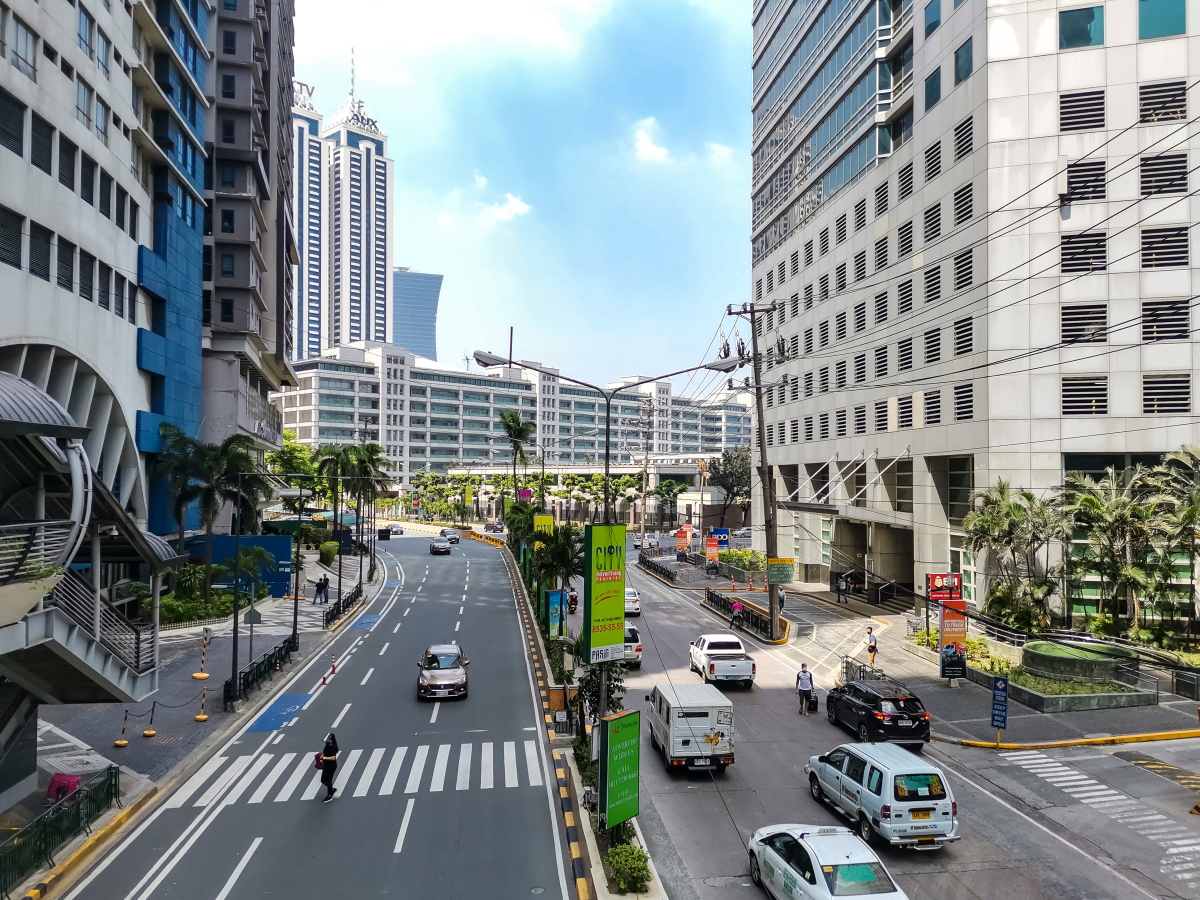Developing Asian economies are expected to grow faster compared to the People’s Republic of China for the first time in three decades, according to the Asian Development Bank (ADB). In an update to the Asian Development Outlook (ADO) released on Wednesday, the bank said that developing Asia without China is projected to grow by 5.3% in 2022 as well as in 2023.
China’s growth forecast for 2022 was downgraded to 3.3% from 5.0%, and for the next year to 4.5% from 4.8%. Economic growth in China, the world’s second-largest and the region’s largest economy, has slackened because of intermittent Covid-19 outbreaks and subsequent lockdowns. While the other countries in the region relaxed the pandemic-induced restrictions to reopen their economies, China’s Zero-Covid policy and a shaky property sector have only added to the country’s economic challenges.
Overall, the ADB again lowered the economic growth forecasts in developing Asia and the Pacific owing to monetary tightening by the central banks, consequences of the Russian invasion of Ukraine and frequent Covid-19 lockdowns in China. In its ADO 2022, the bank projects the economy of the region to grow 4.3% in 2022, down from the 5.2% growth projected in April. Similarly, the bank has lowered its forecast for the economic growth of the region to 4.9% from 5.3% for the next year.
The ADB also lowered the 2022 forecast for India to 7.0% from 7.5%, due to higher-than-expected inflation and monetary tightening.
Southeast Asia is projected to grow 5.1% this year – up from 4.9% projected in April. The ADB attributes the improvement to the robust domestic demand in Indonesia and the Philippines.
Inflation worries in Asia
Inflation in developing Asia is expected to rise further, with the ADB raising the forecast for 2022 to 4.5% from a previous projection of 3.7%. The inflation forecast for 2023 has also been raised to 4.0%, up from 3.1%. However, inflation in developing Asia continues to be lower compared to other countries, but disruptions in supply chains are pushing up food and fuel prices, the bank said.
With the gradual relaxation of Covid-19 restrictions, the Asian developing economies are witnessing increased consumer spending and investments. On the other hand, the prolonged war in Ukraine has led to further global uncertainty, more supply chain disruptions and volatile energy and food prices. At the same time, dented global demand due to aggressive fiscal tightening by the US Federal Reserve as well as the European Central Bank has left the financial markets unsettled, the bank observed in its ADO 2022.
“While developing Asia continues to recover, risks still loom large,” said ADB Chief Economist Albert Park. “Any significant downturn in the global economy would severely weaken demand for the region’s exports. Stronger-than-expected monetary tightening in advanced economies could lead to financial instability. Governments in developing Asia need to remain vigilant against these risks and take the necessary steps to contain inflation without derailing growth.”


 Australia
Australia China
China India
India Indonesia
Indonesia Japan
Japan Malaysia
Malaysia Philippines
Philippines Singapore
Singapore South Korea
South Korea Taiwan
Taiwan Thailand
Thailand Vietnam
Vietnam







